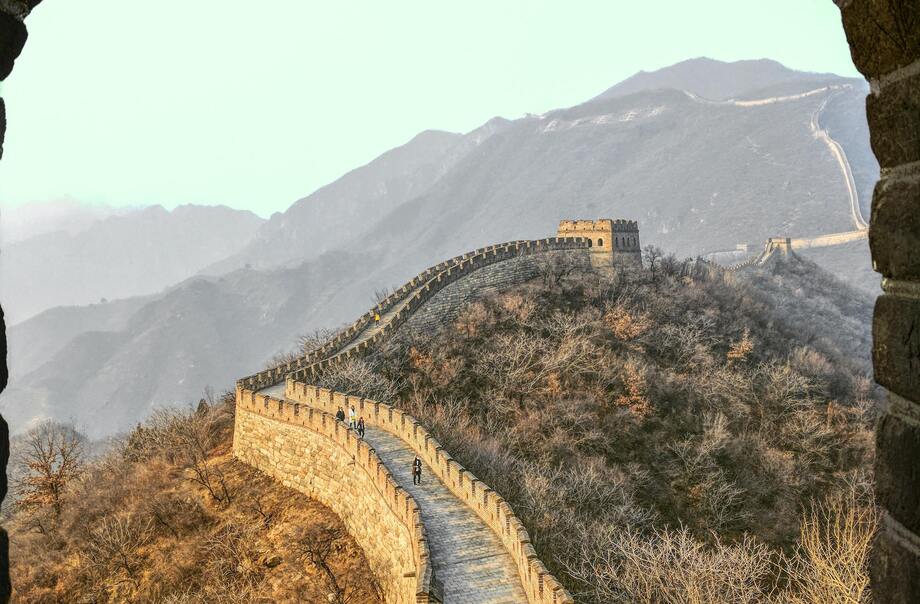"Fulgencio de Bargota. Letters from Kansu (China) 1927-1930", is the title of the small book of 150 pages, recently published by the Fonte publishing house. It gathers the letters that the Capuchin religious Fulgencio (Jerónimo Segura), at the beginning of his missionary adventure in China, sent to the Capuchin Fathers of Pamplona, and that these were published in their magazine "Truth and Charity". Now they see the light again, thanks to the careful compilation of Magdalena Aguinaga, who learned about them through the Navarrese historian and 2014 Prince of Viana Award, Tarsicio de Azcona, also a Capuchin.
Fulgencio, born in 1899, took the habit at a very young age and was ordained a priest in Pamplona in 1923, leaving for China in 1927, together with three other missionaries. After praying in Lourdes and embarking in Genoa, it would take them almost six months to reach their final destination, in eastern Kansu, some two thousand kilometers from Shanghai. Providence arranged for him to die very young, of typhus, at only 31 years of age. However, his "Letters" reveal the action of divine grace in his soul, because they reflect a striking harmony between his youthful apostolic ardor, which appears in the frequent and serious circumstances he faced, often risking his life, and the maturity he shows in his judgments and comments on those vicissitudes and on the social and historical situation of China, torn in those years by continuous civil wars in its vast territory.
His missionary zeal is always alive as shown, among others, in this passage from a 1929 letter addressed to the students of Fuenterrabia: "A few days ago we baptized 17 catechumens... What a kick we gave the devil... and those that await him! For Christmas, I made a small foray to Sant Chá during which I was hungry, bitterly cold and in grave danger of falling into the hands of thieves. On Christmas Day itself, my succulent menu consisted of the following dishes: first, a good appetite; second, a pear; third, a piece of bread; fourth, thanks and no tablecloths were raised because they were conspicuous by their absence. Would you believe that I lost my good temper? Nothing could be further from the truth. I was happier than the Easter I was celebrating. What happened to me was what the great missionary, St. Paul, says: Scio et esurire, et penuriam patiAnd what could be better than to get a little closer to this model of missionaries and live his life and follow in his footsteps, even if from afar? There is nothing like his letters.
The exquisite respect for Chinese culture and for the full freedom of the people before allowing them to embrace the Christian faith is very remarkable. Thus, when faced with an elderly catechumen who was exultantly asking for baptism, Fulgentius showed a certain reticence, which he expressed in these terms: "What mysterious spring had moved him to ask for baptism that afternoon and with such fervor? Was it the boisterous joy that the catechumens were showing? And he decided to delay it for some time to make sure that the man had grasped the Christian doctrine well and that he would be baptized with absolute freedom.
The author of the compilation of the "Letters" introduces numerous and suggestive comments, at the foot of the page, that enrich the already entertaining account of the missionary. Thus, with regard to the event just mentioned of the catechumen anxious for baptism and the prudence of the missionary, the author writes: "It is interesting to note, at a distance of almost a century, the respect for the freedom of the missionaries towards the catechumens, allowing them to freely ask for the sacraments".
In another letter in which Fulgencio stops to comment on the presence in China of several million Mohammedans and the history of their progressive arrival in the country, the author of the book writes: "In this letter we note the historian facet of Fulgencio de Bargota, who in such a short time in China, is able to elaborate an interesting study of Islamism; we think that with little access to written sources. Also because of the lack of time due to the urgency of the mission".
The "Letters" are not lacking in short stories of people - beggars, blind, orphans - who received a fraternal welcome in the Capuchin mission, full of human and Christian warmth. As a whole, they bear witness, once again, to the human and supernatural richness of the missionary work of the Church in the Far East, begun as early as the 16th century by St. Francis Xavier. May the book reach a wide public and may the direct reading of these "Letters" reach an echo in their lives.









